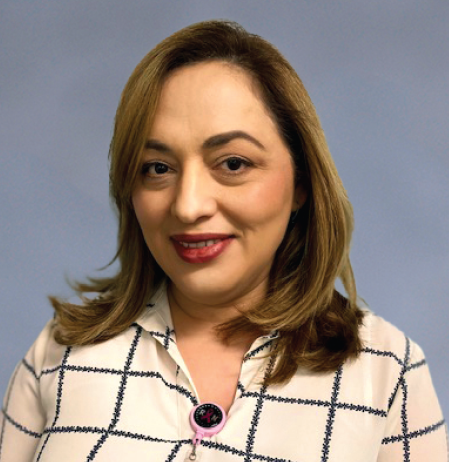 As President and CEO of the largest provider of post-acute health care in the nation, Benjamin Breier understands the emotional challenges that patients and family members experience when making health care decisions.
As President and CEO of the largest provider of post-acute health care in the nation, Benjamin Breier understands the emotional challenges that patients and family members experience when making health care decisions.
Breier joined Kindred Healthcare in 2005 and was named chief operating officer in 2010, president in 2012, then president and CEO in March of 2015. Kindred, which is the largest home health care provider and the largest operator of rehabilitation services in the U.S., also operates transitional care hospitals, nursing centers and hospice services in 46 states. With more than 100,000 employees, its 2016 revenue was $7.2 billion.
Breier is among nearly 1,000 physicians and other health care industry professionals who have earned MBA degrees from the University of Miami through its health sector-focused MBA program, since it began 37 years ago. The Executive MBA in Health Sector Management and Policy program, delivered by the University’s School of Business Administration, applies business, technical, administrative, and leadership concepts to the health care industry. It is one of a few programs in the nation to have the distinction of dual accreditation by AACSB International – The Association to Advance Collegiate Schools of Business and CAHME-Commission on Accreditation of Healthcare Management Education.
Today, consumers have more input in and ask more questions about their health care and the care of their loved ones. Breier has pushed Kindred to evolve to meet those demands. “It wasn’t always so consumer-driven,” says Breier, who also has a certificate in health care administration from the School. “It used to be more doctor-focused or just what others told you to do. It has changed with the ability to access information and decide on the best way to care for mom and dad.”
In tweets, blogs, Facebook posts and videos, the company shares everything from general health care information to success stories and interviews with Kindred employees. “It’s not enough to just listen – you have to be putting out really good content,” Breier explains.
At the heart of Kindred’s online strategy is Breier’s vision to make a complicated company handling a complicated societal issue less overwhelming for the consumer. “It’s about taking a population who has to manage a complex set of questions and giving them the support and information they need each step along the way,” he says. Increasingly, that first step is taken on social media, and Breier believes this is the case no matter what industry a company is in. “This is true, whether you are talking about health care or making widgets,” he says. For companies that have yet to claim their share of voice in the online space, he says, “You are way, way behind if you aren’t doing it. You better start and catch up pretty fast.”
Breier comes from a proud ’Canes family: His father, Robert G. is a graduate of Miami’s School of Law, and his late mother, Eileen G. Breier earned degrees from both the education and law schools.


























